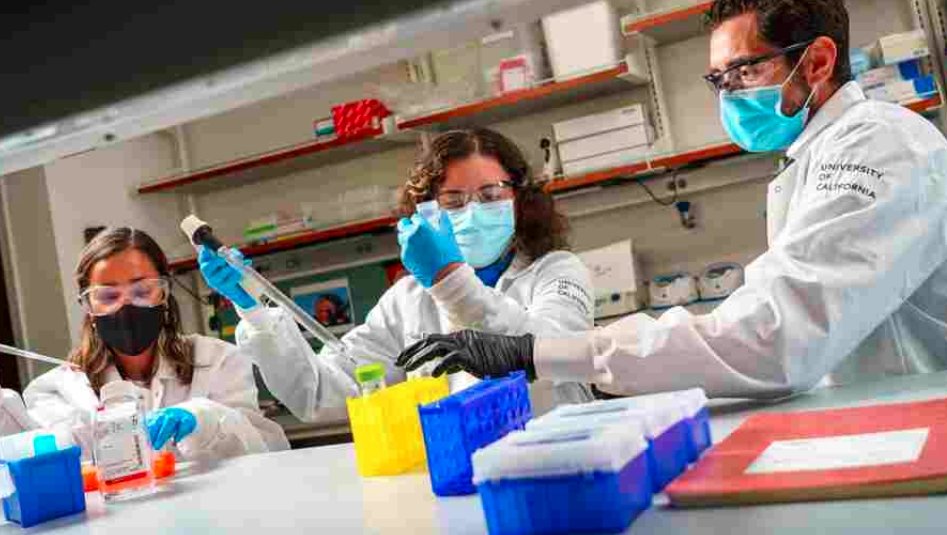What are the new rules and why are they important?
The California Department of Cannabis Control (DCC) has announced new rules that require cannabis labs to use a standardized testing method for THC, the main psychoactive compound in marijuana. The new rules aim to ensure consistency, accuracy, and transparency in cannabis testing and prevent THC potency inflation, which critics say is a widespread issue across the legal marijuana industry.
The new rules were implemented on January 1, 2024, after the DCC received complaints from consumers, regulators, and industry stakeholders about inaccurate or misleading THC test results from some labs. The DCC found that less than one-third of the state’s 37 licensed cannabis testing labs began the new year allowed to test products in flower and non-infused pre-rolls.
The DCC said that only 12 labs had submitted paperwork verifying compliance with the new rules as of January 10, 2024. Since then, an additional six labs have demonstrated verification of the standardized cannabinoid method. The state-licensed labs currently approved to test flower and non-infused pre-rolls are:
- 2 Rivers Labs
- AGQ Green Nature
- Anresco
- Bel Costa Labs Long Beach
- California Cannabis Testing Labs
- CaliGreen Laboratory
- Certified Ag Labs
- Confidence Analytics CA
- Encore Labs
- Harrens Lab
- HK Holding
- ILS Lab
- Infinite Chemical Analysis Labs
- Landau Laboratories
- pH Solutions
- Pure Cannalyst Lab
- Purity Medical Laboratories
- SC Laboratories California
Labs not currently on the DCC’s approved list may still become approved to resume testing flower and non-infused pre-rolls. In the meantime, they are allowed to test edibles and concentrates. However, any lab not on the approved list that’s still testing flower might be risking enforcement action, the DCC said.
How will THC potency inflation be measured and penalized?
The new rules require cannabis labs to use a standardized cannabinoid method that is based on a peer-reviewed scientific paper published in 2018 by researchers from Oregon State University. The method involves extracting THC from plant material using a solvent called butane or propane, then measuring its concentration using gas chromatography-mass spectrometry (GCMS), a technique that separates and identifies chemical compounds.

The standardized cannabinoid method is designed to provide more reliable and consistent results than other methods that use different solvents or extraction techniques. It also allows for comparison of THC levels across different batches or lots of cannabis products.
The DCC said that it will monitor compliance with the new rules through audits, inspections, reports, and data sharing. The DCC will also publish annual reports on THC potency trends in California cannabis products. If a lab fails to comply with the new rules or provides inaccurate or misleading test results, it may face administrative actions such as fines, suspension or revocation of its license.
What are the implications for consumers and businesses?
The new rules are expected to benefit consumers by ensuring that they receive accurate information about THC levels in their cannabis products. Consumers can use this information to make informed choices about their consumption preferences and potential health risks.
Consumers can also report any suspected violations of the new rules to the DCC through its online complaint system. The DCC encourages consumers to do so as part of its efforts to protect public health and safety.
For businesses operating in California’s legal cannabis market, complying with the new rules may require additional investment in equipment, training, quality control measures, and documentation. Businesses may also need to adjust their pricing strategies based on their THC potency levels.
However, some experts believe that complying with the new rules may also create opportunities for innovation and differentiation in the cannabis industry. For example, some businesses may choose to focus on producing high-quality products with low THC levels rather than high-potency products with high THC levels. Some businesses may also leverage their expertise or partnerships with reputable labs to offer more transparent and trustworthy testing services.
The California Department of Cannabis Control has implemented new rules that require cannabis labs to use a standardized testing method for THC. The new rules aim to ensure consistency, accuracy, and transparency in cannabis testing and prevent THC potency inflation. The DCC will monitor compliance with the new rules through audits, inspections, reports, data sharing. If a lab fails to comply with the new rules or provides inaccurate or misleading test results it may face administrative actions such as fines suspension or revocation of its license.



